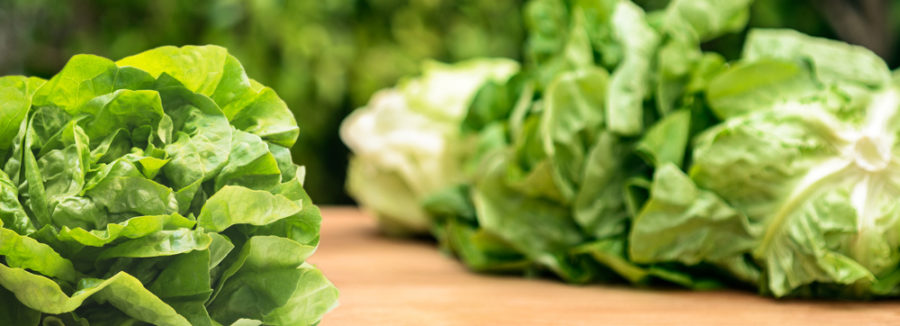The Spread of E. Coli On Our Leafy Greens
December 15, 2018
Beginning on November 26th, members of the Centers of Disease Control and Prevention (CDC) have informed the public about the spread of E. coli on romaine lettuce from California and continue to investigate sources of the outbreak.
Because E. coli is found in the soil, it is affecting romaine lettuce that is distributed across the country, ultimately causing illness to those who consume it. This is not the only E. coli outbreak in America, and this strain has been difficult to trace and control by those who harvest and distribute the food.
Romaine lettuce not grown in central or northern California is not linked to the outbreak. After narrowing down the search of E. coli to some areas in California, the CDC and FDA assured the public that they may still buy lettuce from the harvesting grounds of Yuma, Arizona, the California desert near the Imperial City and Riverside County, Florida, and Mexico. Harvesting ground labels on romaine lettuce packages will ensure that consumers are informed about the origin of the lettuce. The CDC strongly advises those who do not know the harvest location of the romaine to discard any lettuce they purchased, as it puts them at risk of E. coli infection.
A total of 59 people from 15 states have been affected since October, 19 of them hospitalized. Those who still try to buy lettuce must be careful as 10 different distributors, 12 different growers, and 11 different farms have been selling potentially affected lettuce.
Students at WHHS feel strongly about the recent dangers of romaine lettuce. “Well, it affects [me] and it makes me really sad because I eat romaine lettuce with literally everything. And I can’t have it now because all that crunch is gone,” said senior Bry Rosario, who even posed possible solutions to prevent future E. coli outbreaks. “Maybe plant it in an inside farm- almost like a greenhouse. And make sure to constantly clean it.”
The E. coli outbreak has affected a numerous amount of Americans, and the FDA and CDC will continue to investigate the issue in order to ensure public safety when buying and consuming romaine lettuce.






